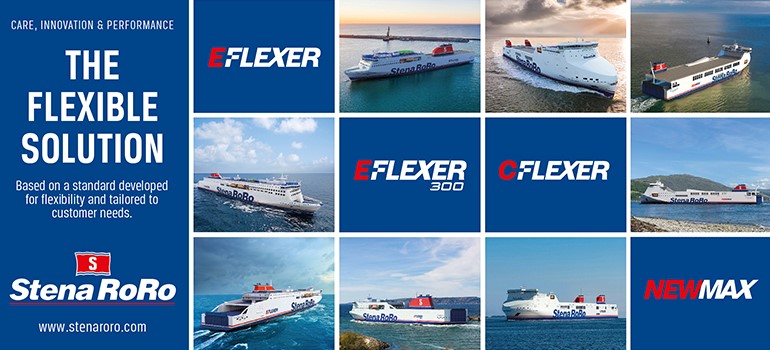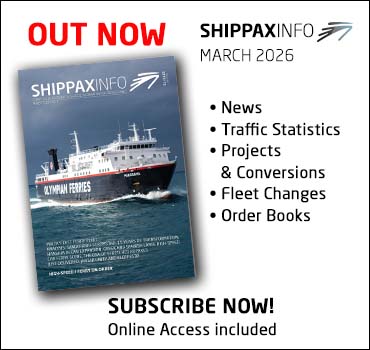
Interferry Demands EU Harmonization with IMO Global GHG Regulations to Prevent Double Taxation and Protect Critical Ferry Services
Interferry, the association representing the ferry industry worldwide, calls on the European Commission to immediately harmonize its unilateral EU ETS / FuelEU Maritime regulations with the recently agreed IMO Net-Zero Framework. Interferry warns that failure to align Greenhouse Gas regulations will lead to double payment for emissions, placing an unsustainable financial burden on European ferry operators and jeopardizing essential trade and travel services.
Interferry considers it fundamentally unacceptable for ferry operators to be forced into double payment for the same emissions under both EU ETS / FuelEU Maritime and the new IMO Net-Zero framework. This overlap will impose an enormous financial burden on Europe’s RoRo cargo and RoRo passenger operators, threatening the long-term viability of lifeline ferry services, and pushing freight and passenger volumes onto already congested European road networks.
Johan Roos, Director of Regulatory Affairs at Interferry, emphasizes the urgency of the situation: "We cannot have a situation where operators are paying twice for the same emissions. The European Commission pledged to align its rules once a strong global framework was established at the IMO. That framework is now in place. It's time for the European Commission to deliver on its promise, ensure regulatory consistency, and protect the vital role ferries play in Europe's economy and connectivity."
Europe’s ferry industry is vital, with over half the world’s gross RoRo passenger ship tonnage operating in European waters, transporting up to 800 million passengers and 200 million vehicles and freight units annually. These services significantly alleviate pressure on the road network. However, ferry operators face direct competition from other transport modes, and with ferry customers being very price sensitive, every euro of ticket increase can be directly translated into lost volumes. This is particularly relevant in light of the current regulatory exemption of road transport from the application of such surcharges.
Interferry urges the European Commission to honor its commitment to a comprehensive review of its unilateral GHG requirements with the goal to align and harmonize these frameworks with the IMO Net-Zero framework. This is crucial to prevent double payment and to safeguard the European ferry industry, ensuring it remains competitive with other modes of transport.
Background:
The agreement on an IMO Net-Zero framework reached in April 2025 establishes a Global Fuel Standard (GFS) requiring ships to progressively reduce their annual Greenhouse Gas Fuel Intensity (GFI), and a need to acquire "Remedial Units" if ships exceed set targets. Conversely, FuelEU Maritime, already in force, sets its own maximum limits for annual average GHG fuel intensity and is complemented by the EU Emissions Trading System (ETS). Both mechanisms aim to stimulate the market for cleaner alternatives, but the divergence in performance requirements, carbon pricing mechanisms, and compliance methodologies between the two schemes creates significant challenges for operators.
jul 31 2025
Most read
The world’s largest battery installation on a RoPax got its final approval from the class
feb 18 2026


















